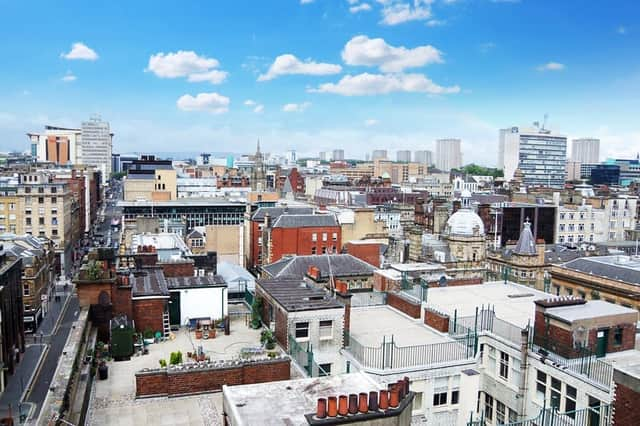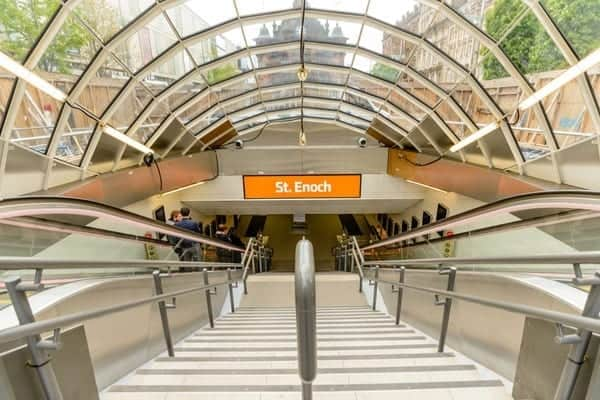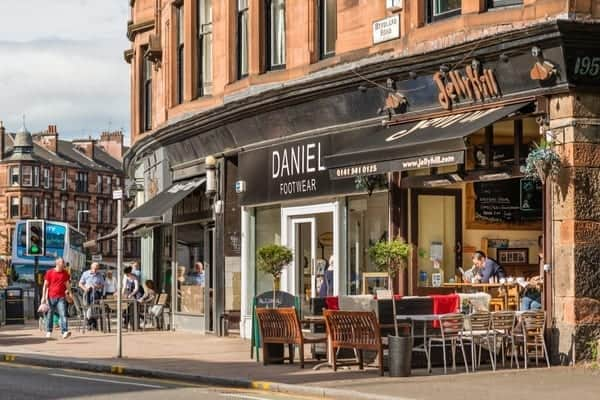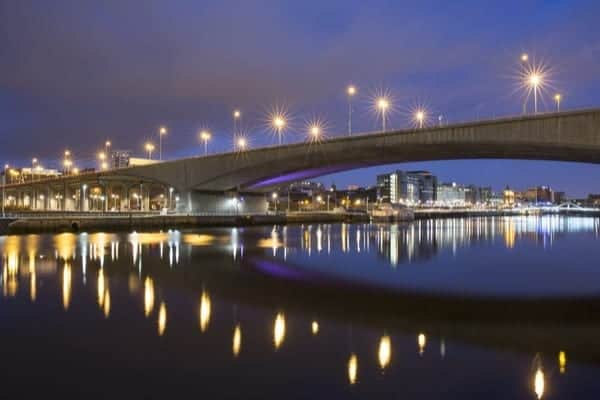13 surprising things Glasgow is famous for


Known for its industrial prowess, creative contributions and unique charm, the city of Glasgow has a lot to be proud of.
With that being said, some of these Glaswegian claims to fame may still surprise you.
Advertisement
Hide AdAdvertisement
Hide AdIt is home to Scotland's only dedicated women's library


Founded in 1991, Glasgow Women's Library on Landressy Street developed from a broad-based arts organisation called Women in Profile.
For close to 30 years, the unique organisation has been providing information, resources and services about and for women, as well as hosting cutting edge events.
It was one of the first cities in Europe to reach a population of one million
Now home to nearly two million residents, Glasgow became one of the first cities in Europe to reach one million residents in the late 19th and 20th century.


New opportunities for work attracted people from all across the UK and Europe.
The oldest swimming club in the world still operates in Glasgow
The private Arlington Baths Club opened on 1 August 1871, and has been in operation for more than 140 years.
Over the years, four extensions have been carried out on the the original swimming baths.


It boasts the largest nightclub in Scotland
Opened in 1994, The Garage on Sauchiehall Street is the country's largest nightclub venue.
Glasgow's Subway system is the third-oldest in the world (Photo: Shutterstock)
Advertisement
Hide AdAdvertisement
Hide AdThe city hosted the world's first international football match


in 1872, Scotland and England drew 0-0 when they met on the pitch at the West of Scotland Cricket Club's Hamilton Crescent ground in Partick for the first recorded international football game.
The Subway is the third-oldest underground metro system in the world
Opened on 14 December 1896, the London Underground and the Budapest Metro are the only other similar systems that have been in operation longer.
It inspired the name for a unit of temperature
Famous physicist William Thomson was dubbed the first Baron Kelvin in honour of his achievements, named after the river that flowed past his university.
Thomson wrote about the need for a scale whereby 'infinite cold' (absolute zero) was the scale's null point, and which used Celsius for its unit increment.


This concept consequently became known as the Kelvin scale.
Scotland's only professional basketball team plays there
The Glasgow Rocks (who compete in the British Basketball League) were established in 1998.
The team were first known as the Edinburgh Rocks and then the Scottish Rocks, before settling on their current name.
Hyndland is the only Tenement Conservation Area in the UK (Photo: Shutterstock)
Its residents have the lowest life expectancy in the UK
Perhaps not something to be proud of, but Glasgow is thought to have the lowest life expectancy of any area in the UK.
Advertisement
Hide AdAdvertisement
Hide AdIn 2015, the city recorded 1,448 deaths per 100,000 of population.
Hyndland is the only tenement conservation area in the UK
Since 1975, the entirely unique Hyndland Conservation Area has been dedicated to the preservation of the area’s tenements buildings.
This means that the neighbourhood's flats cannot been knocked down to make way for modern buildings.
Glaswegians speak the most Gaelic outside of the Highlands and Islands
In 2011, 5,878 residents of the city over the age of three reportedly spoke Gaelic, and 8,899 in Greater Glasgow.
Kingston Bridge is reportedly the busiest in Europe (Photo: Shutterstock)
It has the busiest bridge in Europe
Reportedly the busiest road bridge in Europe, Kingston Bridge (which crosses the River Clyde) carries around 150,000 vehicles every day.
The most attended European football match in history took place at Hampden Park
In 1937, Scotland beat England 3-1 Hampden with 149,547 people in attendance - the European record.